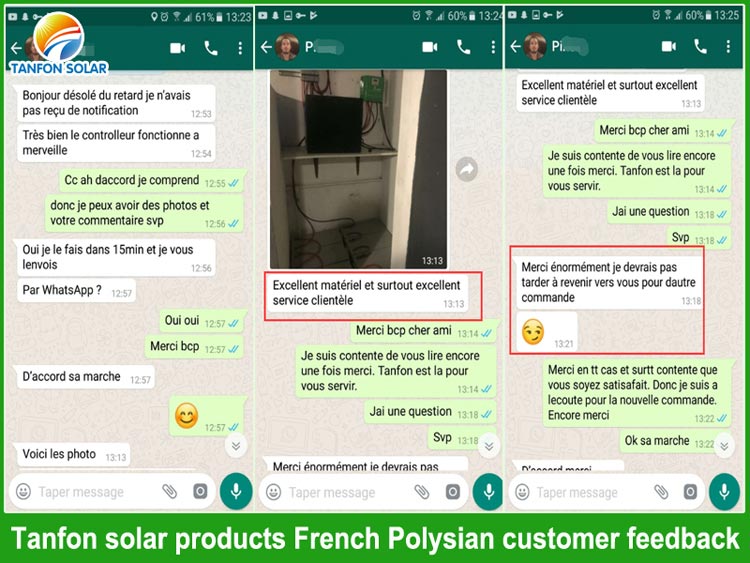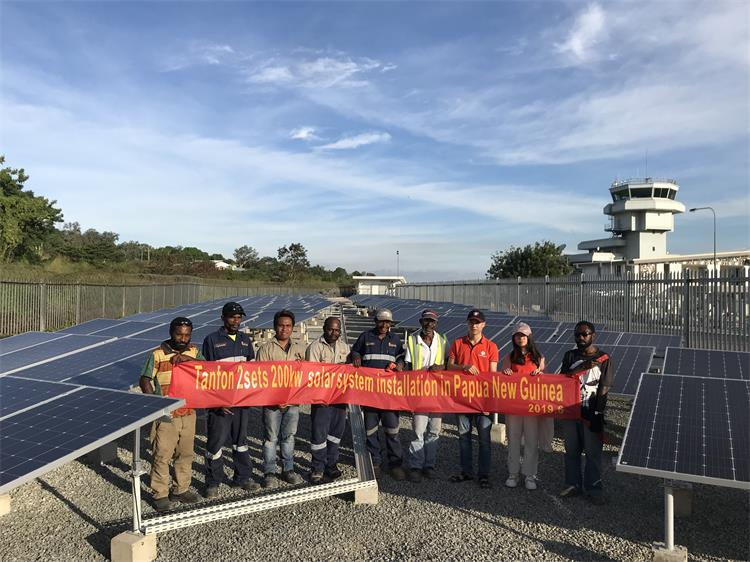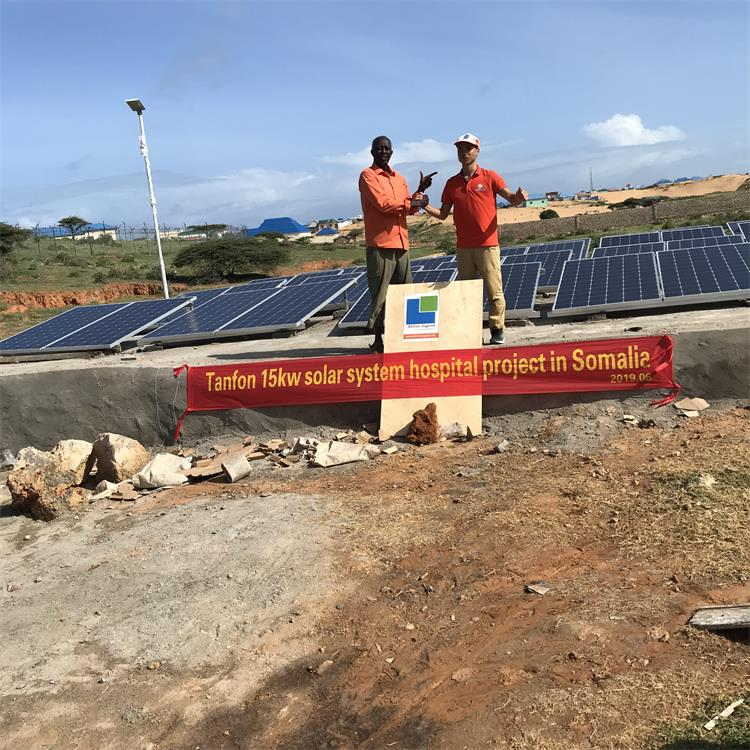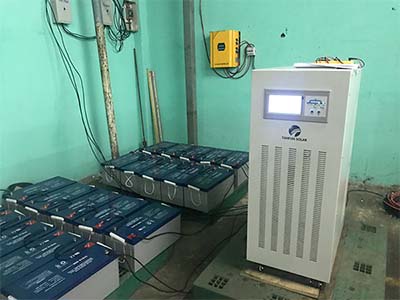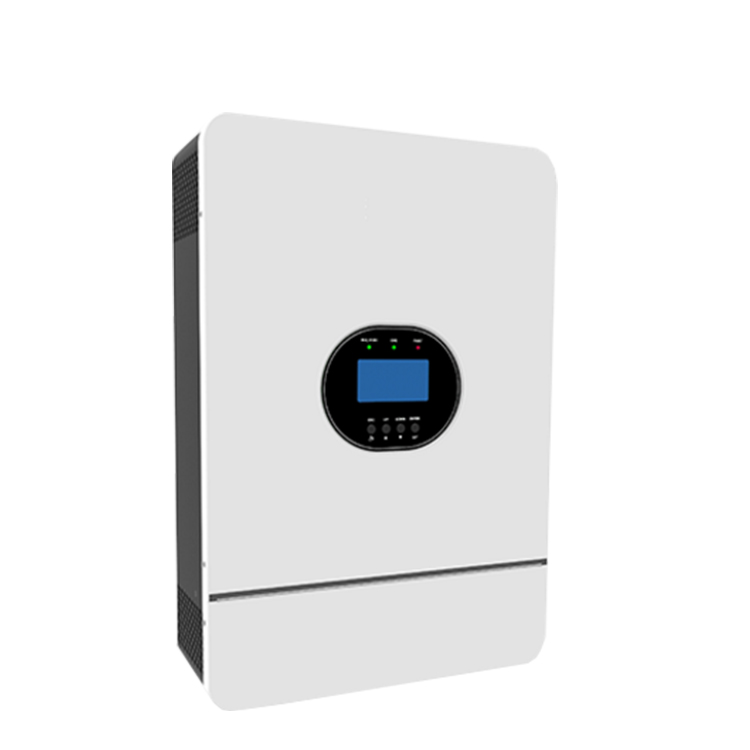 TANFON SOLAR
TANFON SOLAR
 May 07,2019
May 07,2019
Solar power charge controller can protect the battery well in the PV system. It has overcharge protection, deep discharge protection, reverse polarity protection of the load, module and battery, automatic electric fuse, short circuit protection of load and module and so on. Solar power charge controller, or solar regulator is basically a voltage and/or current regulator to keep batteries from overcharging. It regulates the voltage and current coming from the solar panels going to the battery. Most "12V" panels put out about 16V to 20V, so if there is no regulation the batteries will be damaged from overcharging. Most batteries need around 14V to 14.5V to get fully charged.
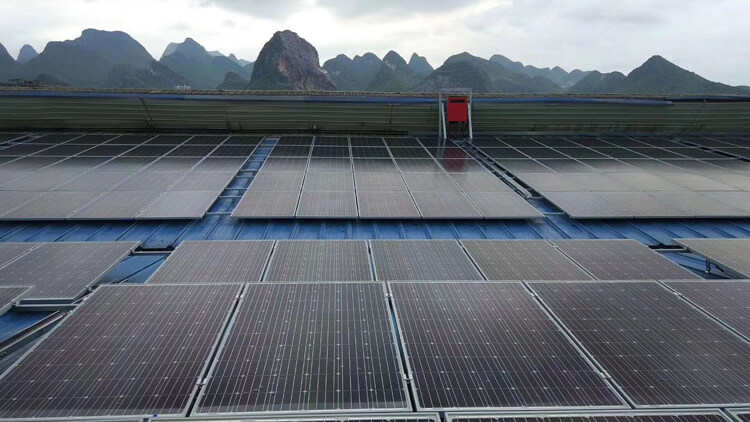
Do you always need a solar power charge controller ?
Not always, but usually. Generally, there is no need for a solar power charge controller with the small maintenance, or trickle charge panels, such as the 1W to 5W panel. A rough rule is that if the panel puts out about 2W or less for each 50 battery amp-hours, then you don't need one.
For example, a standard flooded golf car battery is around 210 amp-hours. So to keep up a series pair of them (12V) just for maintenance or storage, you would want a panel that is around 4.2W. The popular 5W panels are close enough, and will not need a controller. If you are maintaining AGM deep cycle batteries, then you can use a smaller 2W to 2W panel.
